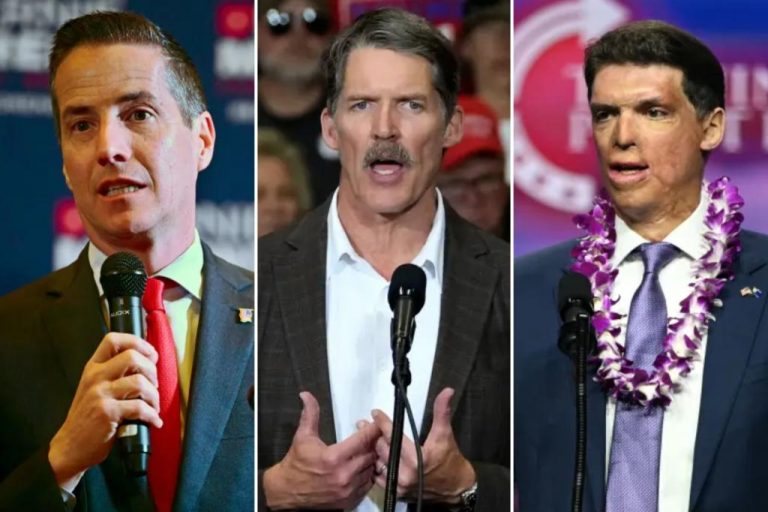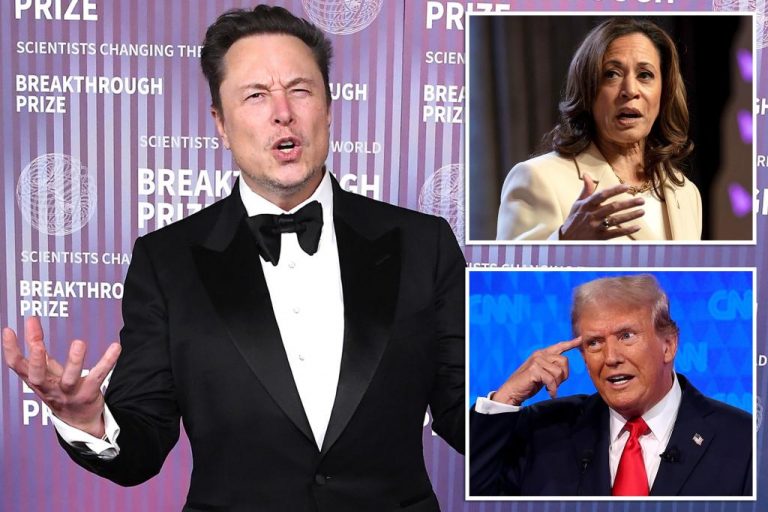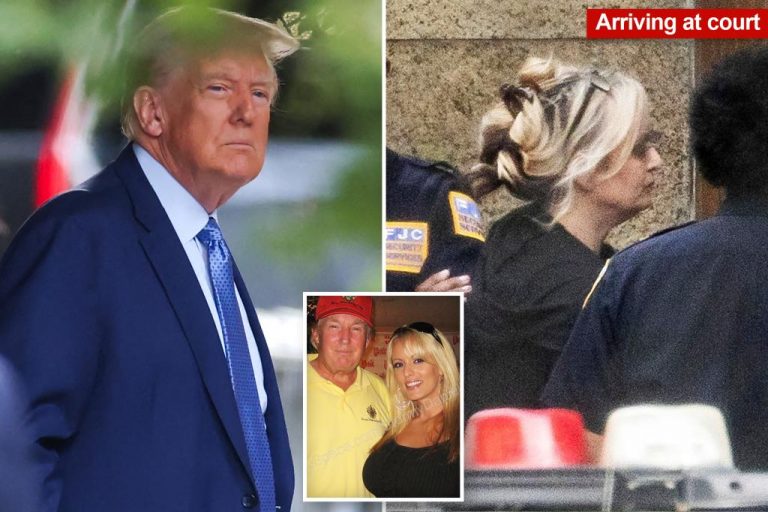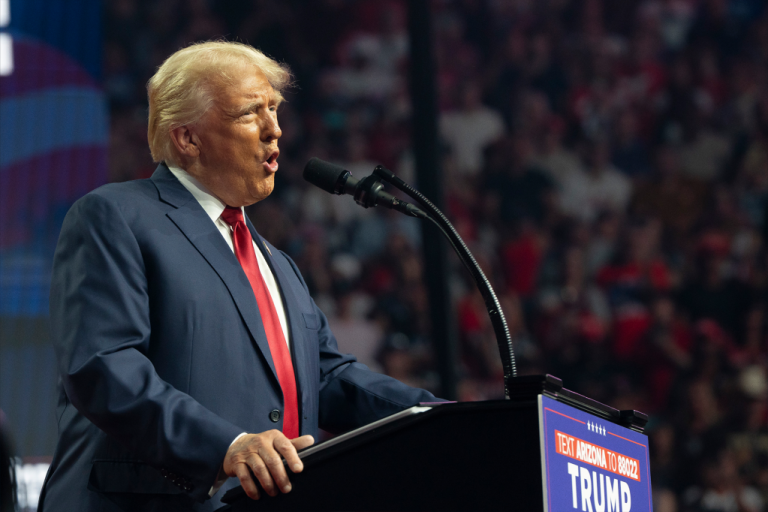Judge allows Trump to talk about police.
Former U.S. President Donald Trump has once again made headlines, this time in a legal battle involving his comments about law enforcement. A judge has recently ruled to decline barring Trump from making such comments, sparking a heated debate among supporters and critics alike.
The controversy surrounding Trump’s remarks stems from a lawsuit filed by a group of individuals who claim to have been harmed by the former president’s inflammatory statements about law enforcement. They argue that Trump’s words have directly contributed to a hostile environment for those working in the field, putting their safety at risk.
However, Trump’s defense team has vehemently denied these accusations, asserting that the former president has the right to express his opinions and criticize law enforcement when he sees fit. They argue that Trump’s remarks are protected under the First Amendment and should not be censored or restricted in any way.
After much deliberation, the judge presiding over the case ultimately decided not to impose any restrictions on Trump’s ability to make comments about law enforcement. This ruling has sparked a wave of reactions from both sides of the political spectrum, with some applauding the decision as a victory for free speech, while others decry it as a threat to public safety.
Supporters of Trump have hailed the judge’s decision as a win for the First Amendment, arguing that individuals, especially public figures like the former president, should be allowed to voice their opinions without fear of censorship or legal repercussions. They see this ruling as a step towards protecting freedom of speech in a country where this right is highly valued.
On the other hand, critics of Trump have expressed concerns about the potential implications of allowing him to continue making comments about law enforcement. They argue that his words have real-world consequences and can incite violence or harm against those working in the field, making it crucial to hold him accountable for his rhetoric.
As the debate rages on, the implications of this ruling are far-reaching and complex. It raises important questions about the balance between free speech and public safety, highlighting the ongoing challenges of navigating these issues in a society that values both principles.
Ultimately, the judge’s decision to decline barring Trump from making comments about law enforcement is a pivotal moment in a larger conversation about the limits of free speech and the responsibilities of public figures. It remains to be seen how this ruling will impact future debates and legal battles surrounding the intersection of speech and safety in the United States.








